Summaries of books about Philosophy:
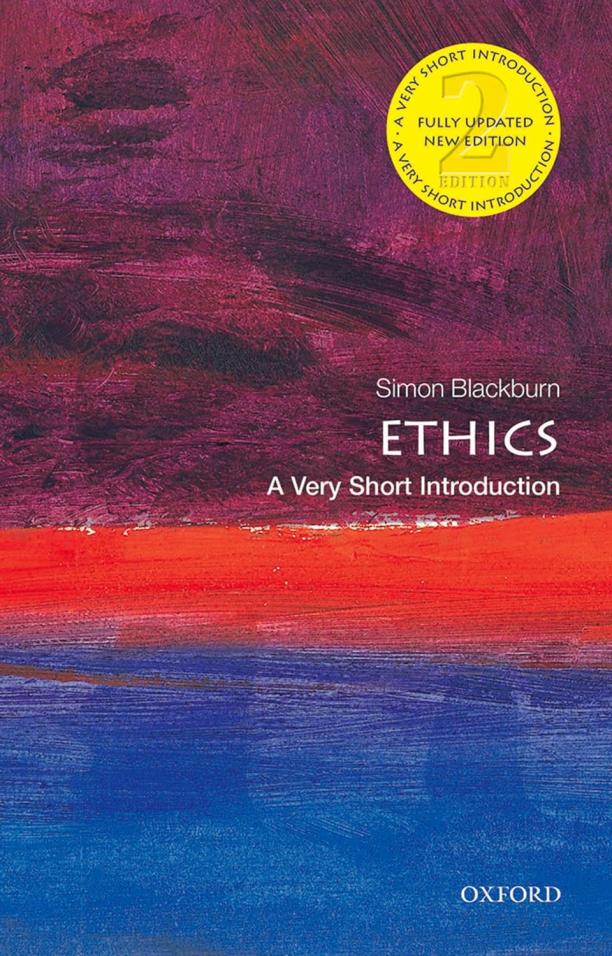
Ethics
A Very Short Introduction
Simon Blackburn
The book provides a concise exploration of ethical philosophy, discussing major moral theories and the challenges of making ethical decisions. It examines topics such as egoism, virtue, duty, and the role of reason in moral judgment, aiming to clarify how we can establish moral principles in our lives.
See full summary
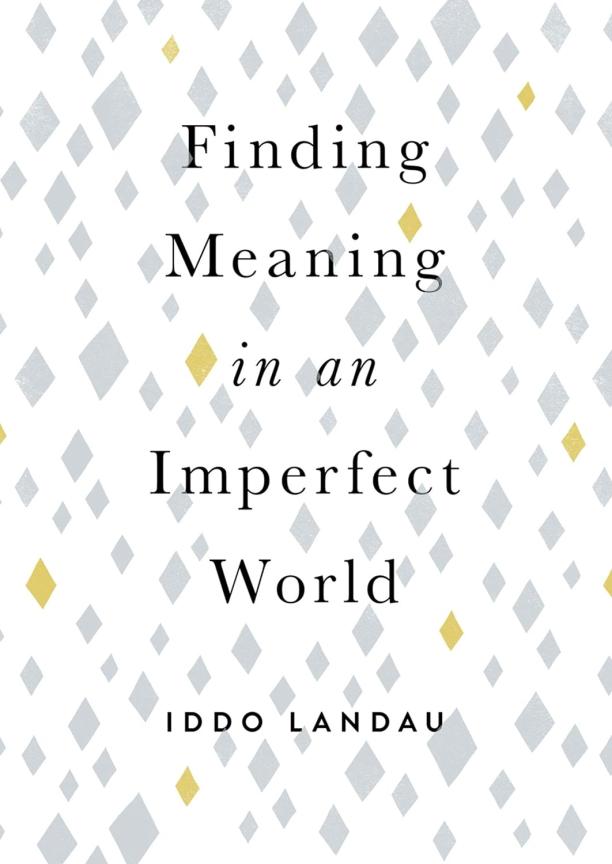
Finding Meaning in an Imperfect World
Iddo Landau
The book offers a philosophical exploration of the concept of meaning in life, arguing against the notion that life is inherently meaningless and providing practical advice on how individuals can find significance in their own lives. It examines various aspects of human existence, including achievements, relationships, and personal identity, to demonstrate how meaning is accessible and can be cultivated through different perspectives and actions.
See full summary
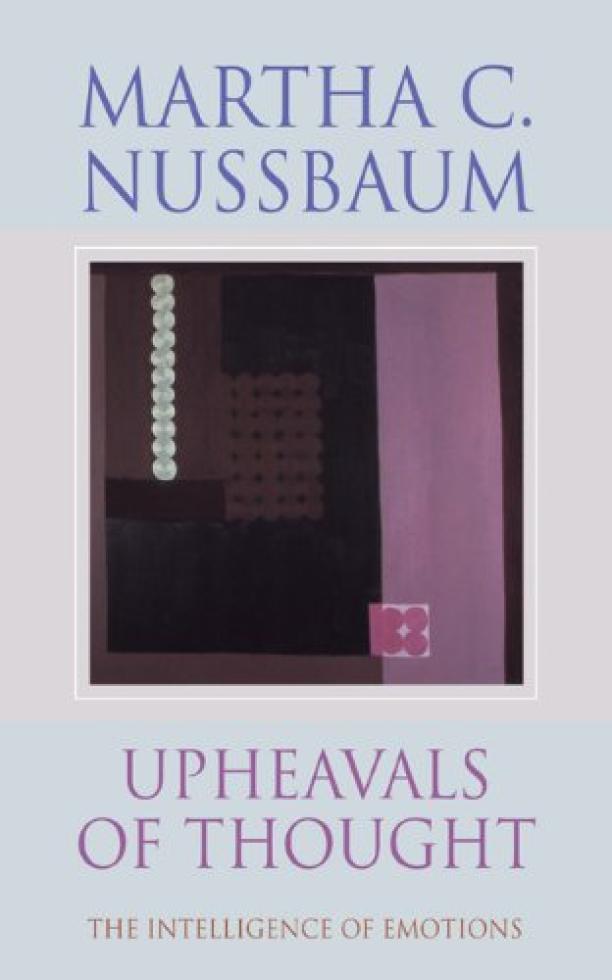
Upheavals of Thought
The Intelligence of Emotions
Martha C. Nussbaum
The book explores the role of emotions in individual reasoning and social justice, arguing that emotions are not just irrational impulses but complex and intelligent responses that are integral to our thoughts and moral judgments. It examines the philosophical and psychological aspects of emotions, drawing from literature, music, and art to understand their importance in personal and political realms.
See full summary
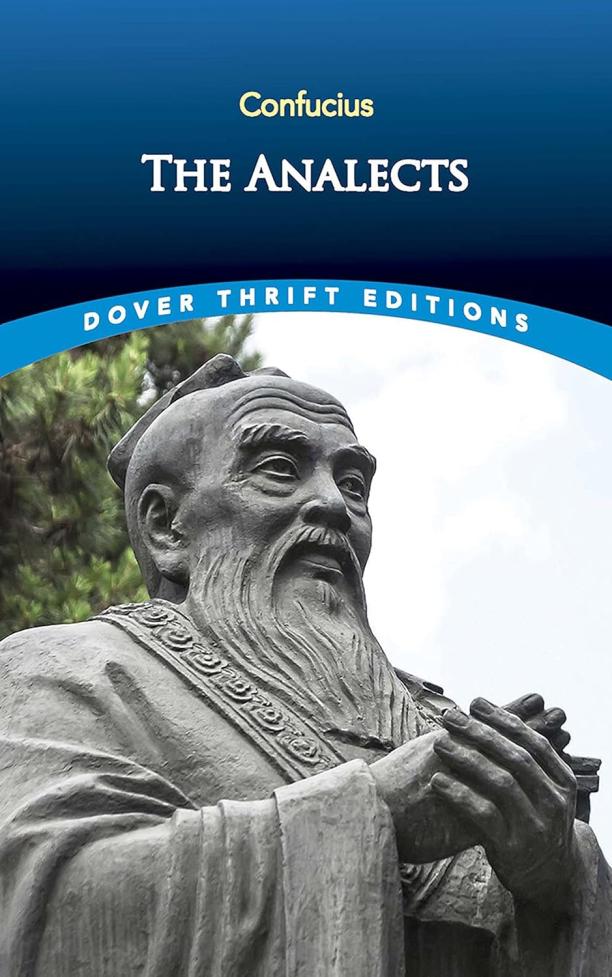
The Analects
Confucius
The book is a collection of sayings and ideas attributed to the Chinese philosopher Confucius and his disciples, discussing moral and philosophical topics such as virtue, politics, and personal conduct. It serves as a foundational text for Confucianism, reflecting on ethics, leadership, and the proper way of living in society.
See full summary
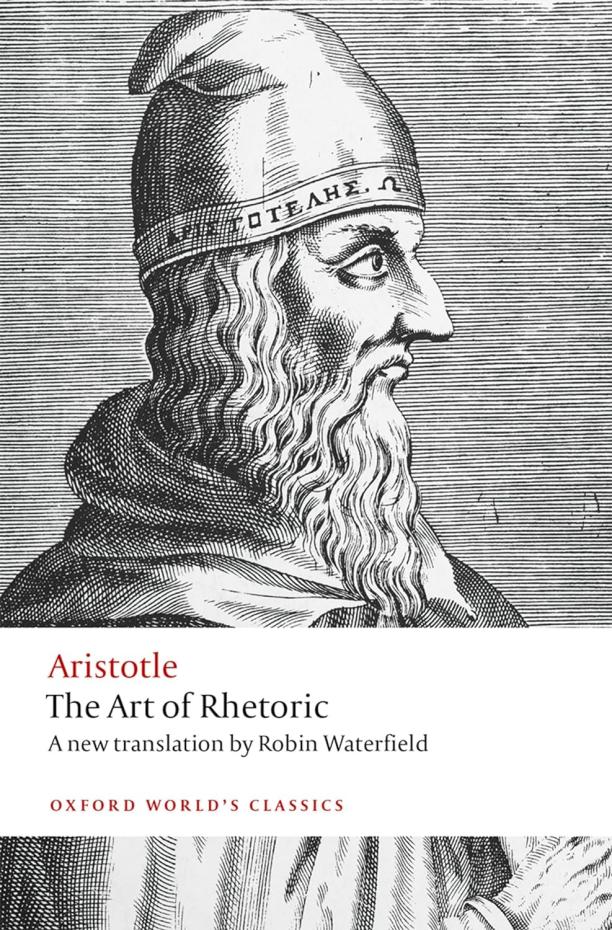
The Art of Rhetoric
Aristotle
The book is a foundational text on the theory and practice of persuasive communication, exploring the principles of effective argumentation, the use of language, and the impact of ethos, pathos, and logos. It examines different types of speeches, the virtues of a good speaker, and the methods for constructing compelling arguments.
See full summary
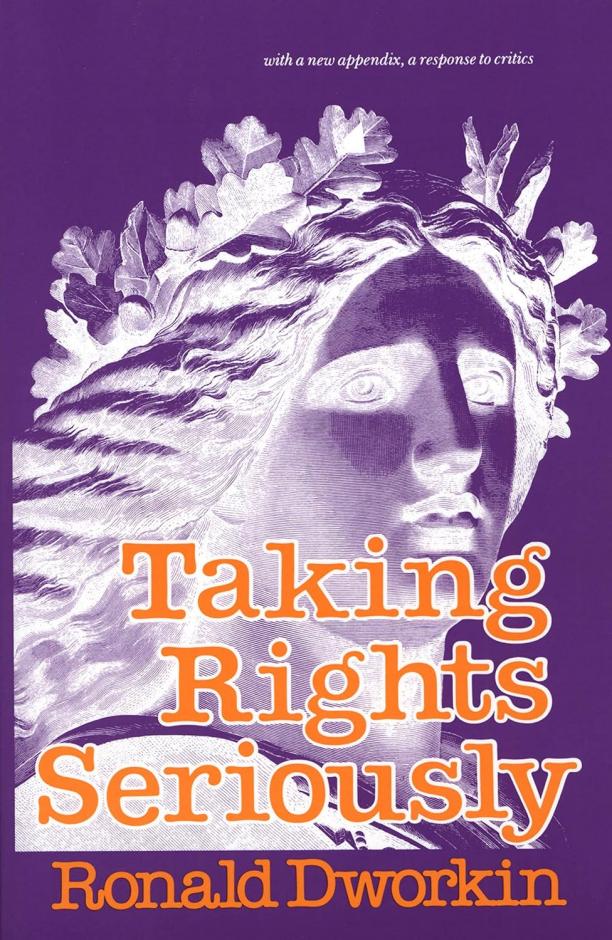
Taking Rights Seriously
With a New Appendix, a Response to Critics
Ronald Dworkin
The book presents a collection of essays that argue for a liberal egalitarian approach to law and morality, emphasizing the importance of individual rights and the role of judicial discretion in interpreting the law. It also includes a response to critics, where the author defends his theory against various objections and elaborates on the concept of 'law as integrity.'
See full summary
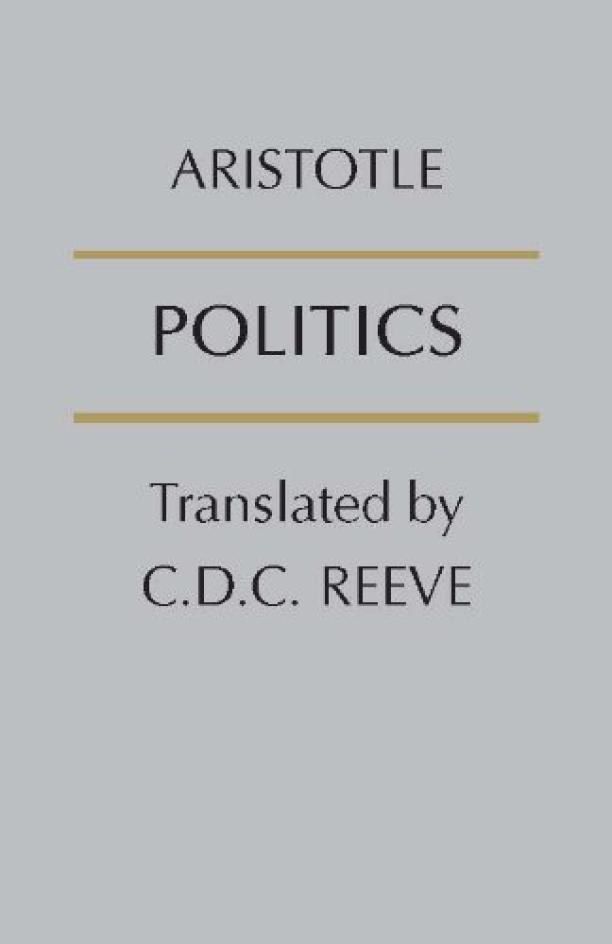
Politics
Aristotle
The book is a foundational text in Western political thought, presenting Aristotle's examination of the nature of the city-state, the various types of governance, and the role of citizens in maintaining the political order. It discusses the merits and pitfalls of different political systems, the importance of a middle class for political stability, and the relationship between politics and ethics.
See full summary
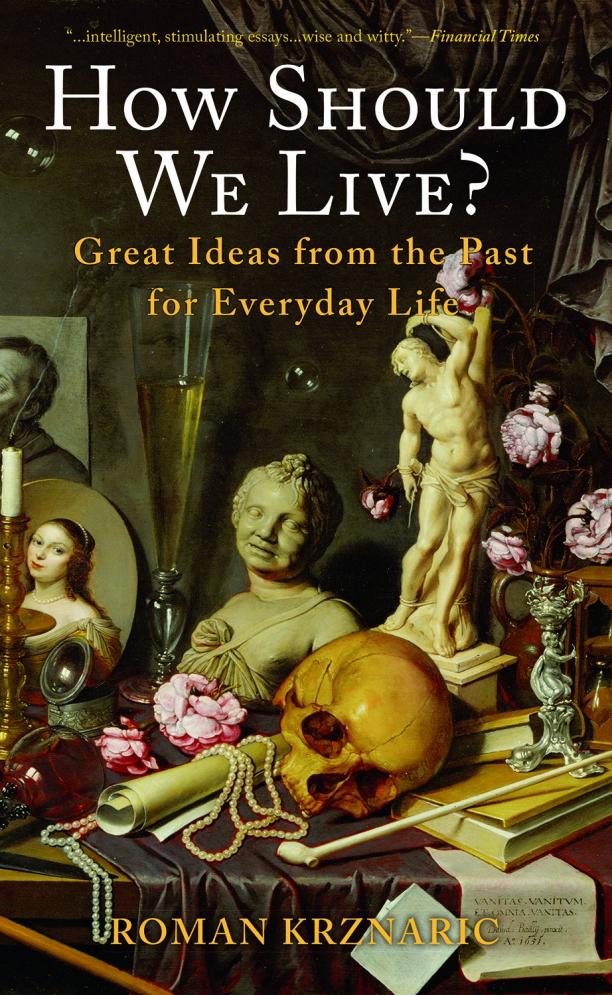
How Should We Live?
Great Ideas from the Past for Everyday Life
Roman Krznaric
The book explores twelve universal topics, such as love, work, and family, drawing on wisdom from history's great thinkers to offer insights into leading a fulfilled life. It blends philosophy, history, and literature to suggest practical ways of applying age-old ideas to modern-day challenges.
See full summary
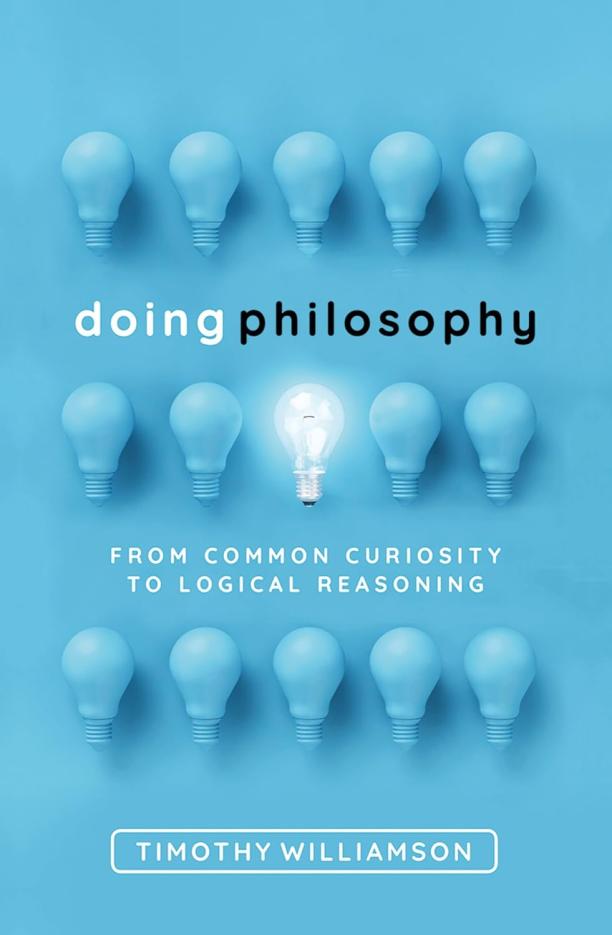
Doing Philosophy
From Common Curiosity to Logical Reasoning
Timothy Williamson
The book is a guide to the practice of philosophy, emphasizing the importance of logical reasoning and the pursuit of knowledge through philosophical methods. It explores how philosophical thinking extends beyond academic discourse, engaging with everyday questions and curiosities to develop a deeper understanding of the world.
See full summary
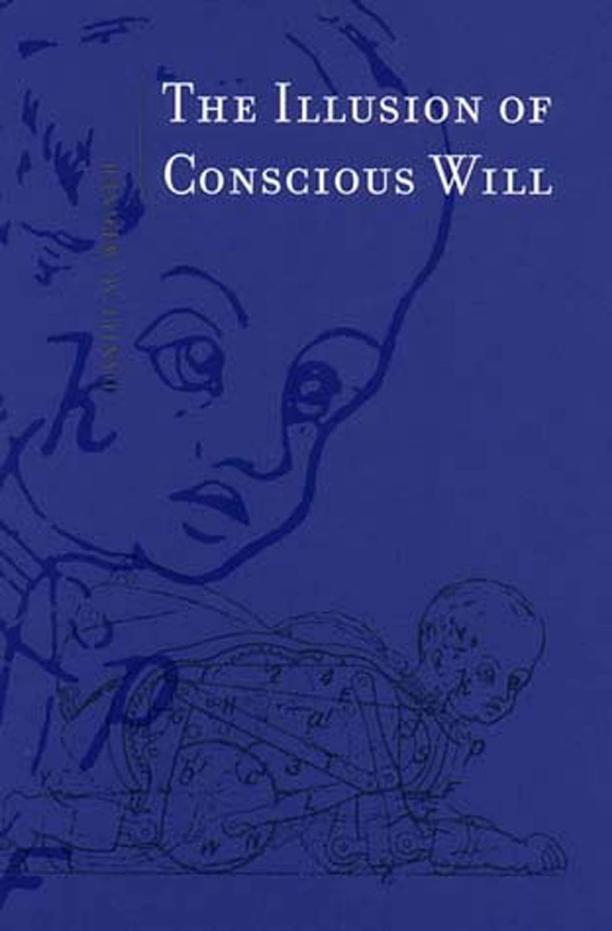
The Illusion of Conscious Will
Daniel M. Wegner
The book explores the psychological processes behind the feeling of conscious control, arguing that our sense of will is an illusion created by the brain. It delves into how actions are initiated by unconscious mechanisms and how the conscious mind only becomes aware of them after the fact, leading to the false belief that it has directly caused them.
See full summary